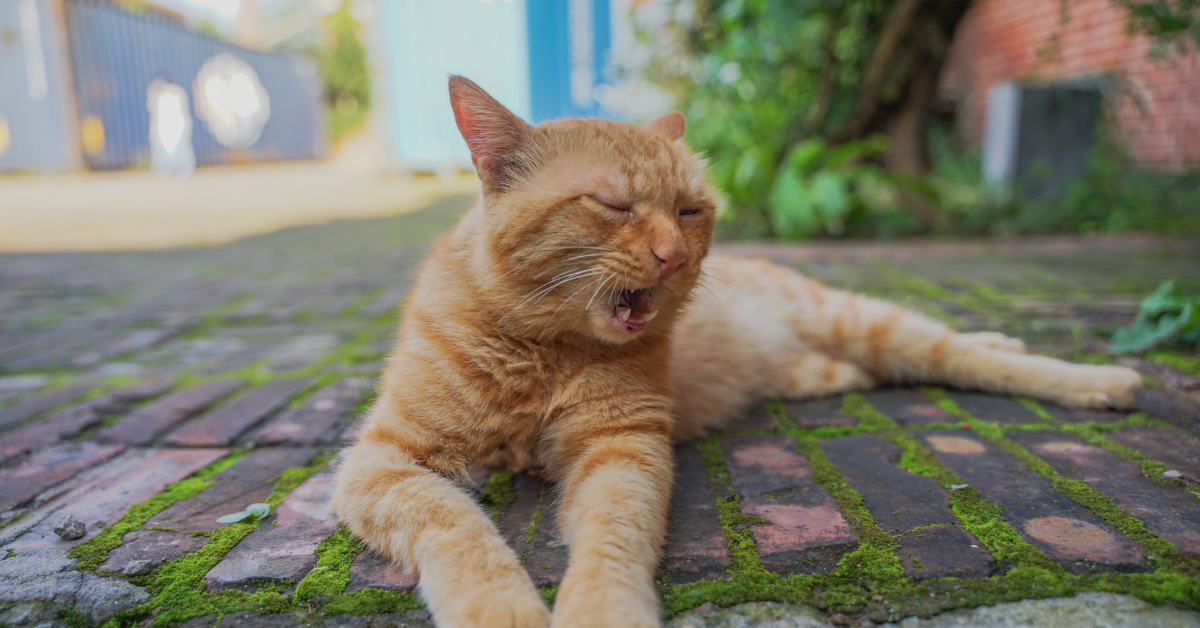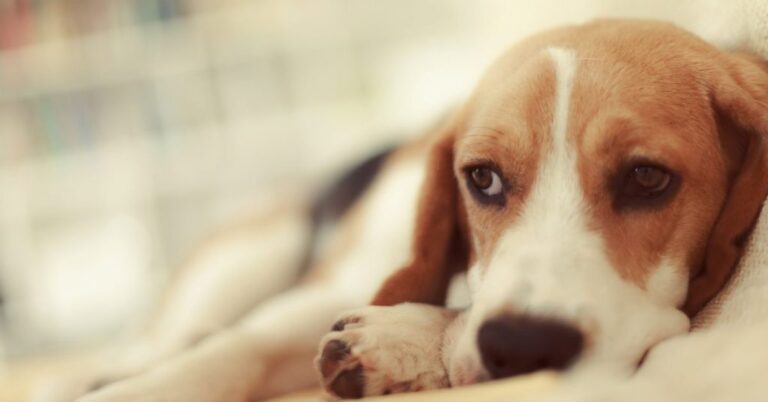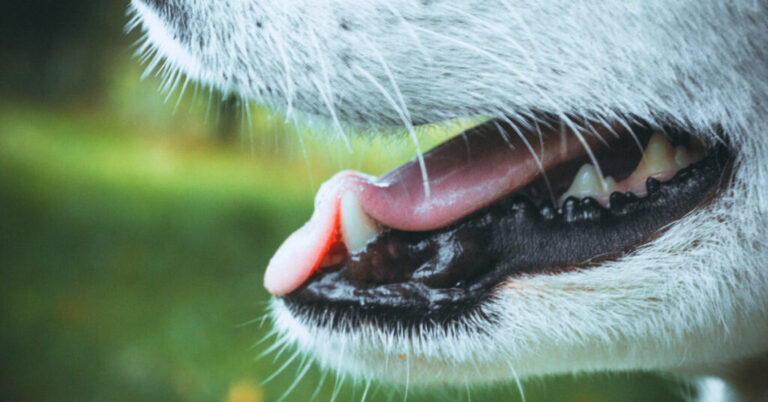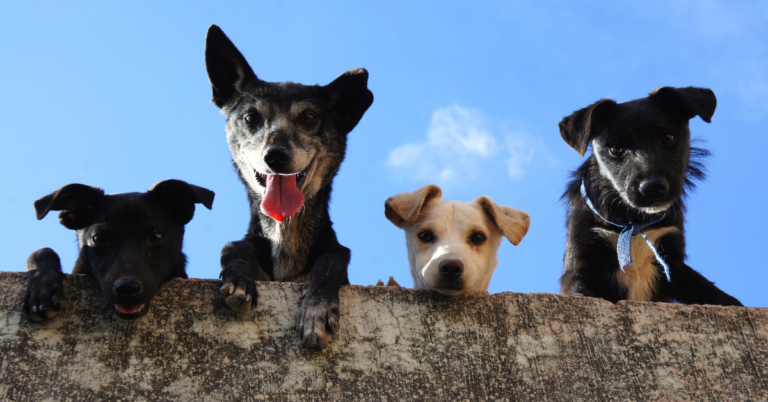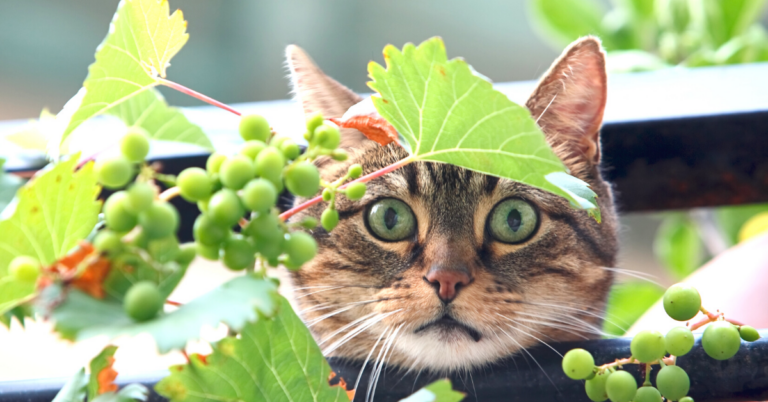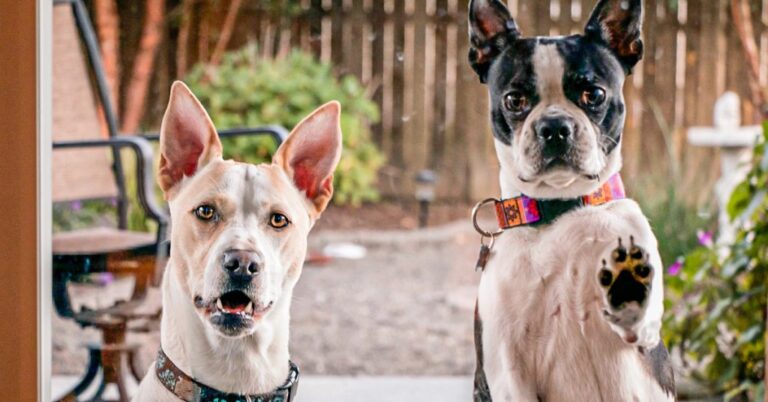Heavy Breathing Cat: What’s Going On?
Heavy or rapid breathing in cats is a serious and life-threatening disorder in which the cat breathes rapidly due to a respiratory system malfunction and/or low oxygen levels.
Rapid breathing in your cat could indicate a multitude of problems, ranging from stress to heart disease.
Cats are known for hiding indications of illness from their owners, so cat owners must be extra cautious to spot symptoms like rapid breathing.
Being observant can help you figure out what’s causing your rapid breathing.
What Is Heavy or Rapid Breathing in Cats?
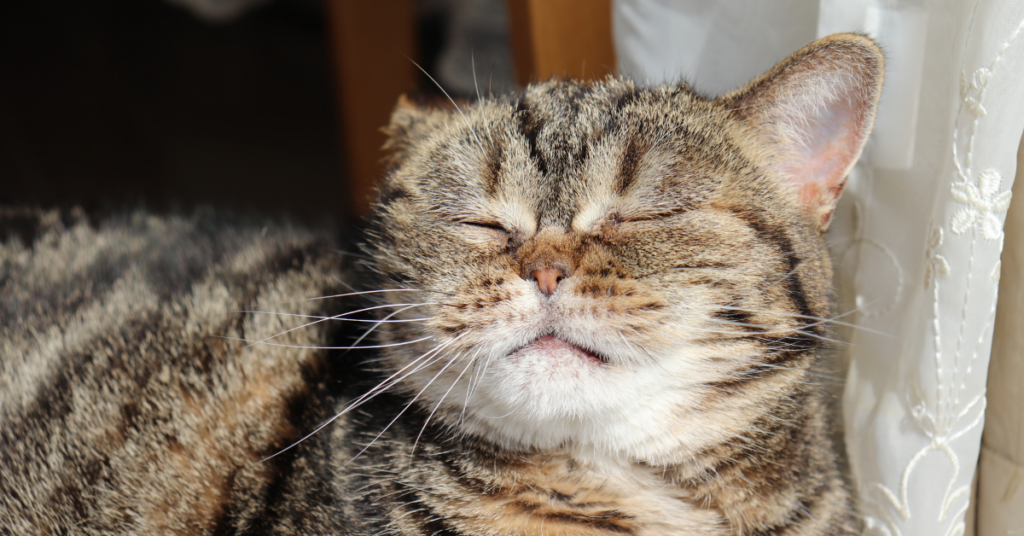
Rapid breathing (tachypnea) is a life-threatening disorder in which the cat breathes rapidly owing to respiratory system failure and/or low oxygen levels.
Cats can suffer from a variety of breathing problems, but this article will focus on rapid breathing. Rapid breathing is described as anything higher than the average 16 to 40 breaths per minute when assessing your cat’s respiratory rate.
Rapid breathing may be seen in a hot, anxious, or energetic cat, but it should subside within a few minutes. If the breathing does not improve or worsens, it is a sign of a serious problem that requires quick attention from a veterinarian.
Signs of Heavy Breathing in Cats
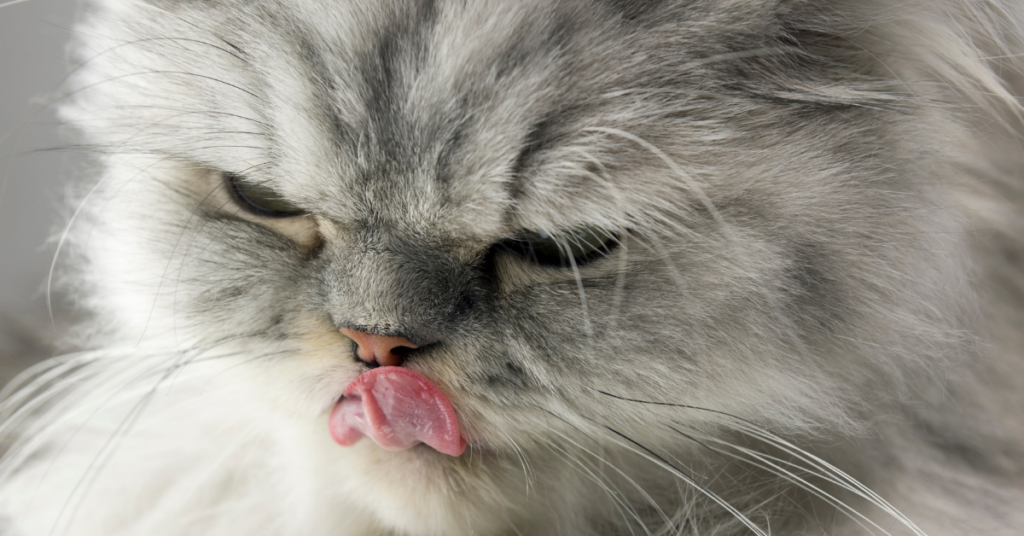
Counting your cat’s breaths might help you figure out whether he or she is breathing quickly, but there are a lot of additional indicators that can appear gradually or suddenly.
Any problem breathing is a medical emergency that necessitates immediate veterinarian intervention. These signs include:
- Stomach or chest rapidly rising and dropping
- Breathing with an open mouth (panting)
- Coughing
- Gagging
- Breathing with elbows outstretched from the body
- Breathing that is too loud
- Lethargy
- Gums have blue color
- Breathing difficulties
Causes of Heavy Breathing in Cats
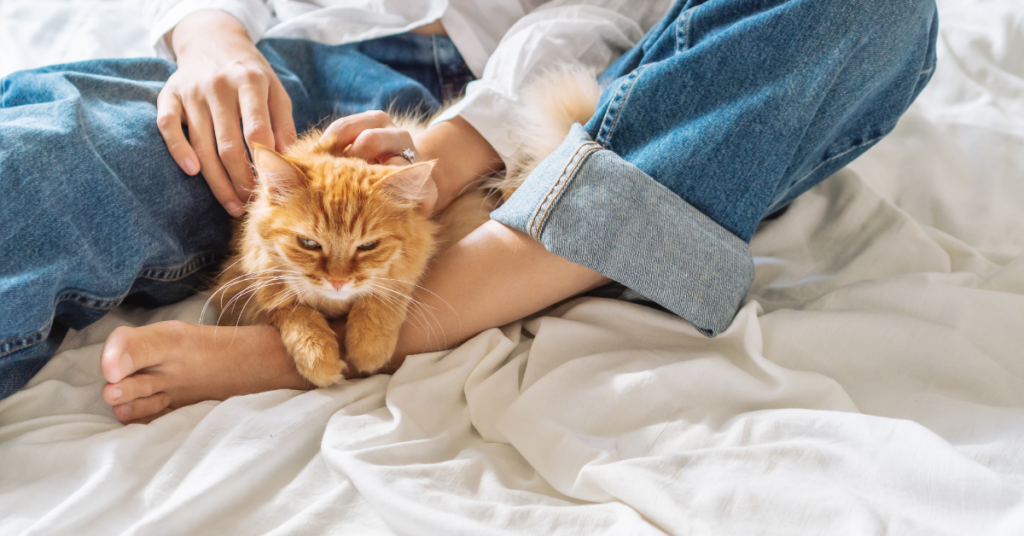
Rapid breathing in cats can be a sign of a variety of illnesses and injuries, and it’s important to get your cat checked out straight once.
Causes may include:
- Cat allergies
- Anemia
- Asthma
- Emotional pain
- Heart Disease
- Abnormal accumulation of fluid within the chest cavity
- Lungs may be filled with fluids
- Foreign objects stuck in the windpipe or other obstructions to the airway
- Respiratory infections
- Trauma, tumors, or toxins exposure
Heavy Breathing Cat Types
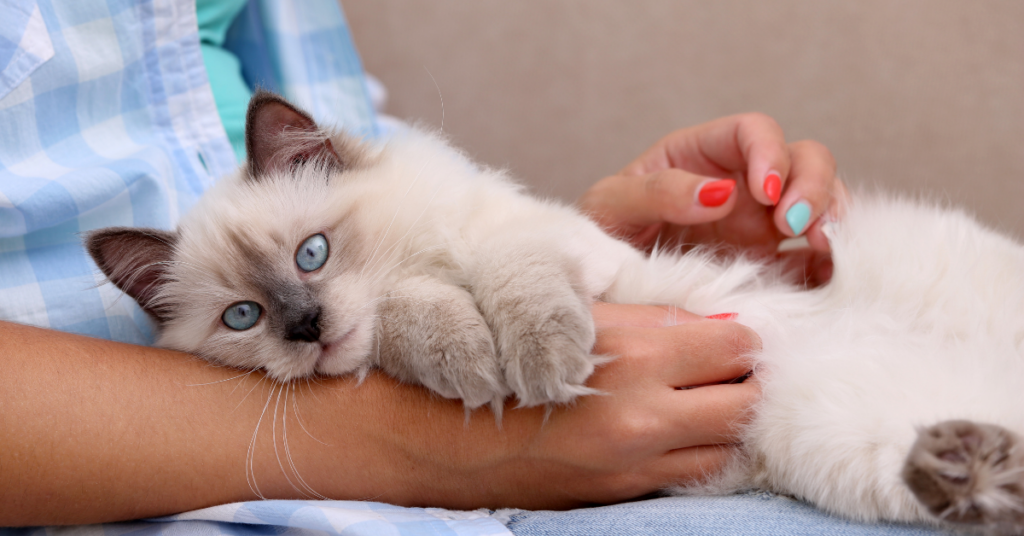
Dyspnea, tachypnea, and panting are the three categories for your cat’s heavy breathing. Let’s look at each sort of heavy breathing in greater detail.
Dyspnea -Labored Breathing
This is when your cat has trouble breathing. Dyspnea in cats causes the following symptoms:
- While breathing, their stomach and chest move.
- Dyspnea causes cats to open their jaws when breathing.
- It’s possible that their respiration is audible.
- With each breath, their nostrils may flare open.
- Dyspnea causes cats to be restless and unable to sleep.
- Dyspnea causes cats to stretch their head and neck when breathing because it is difficult for them to breathe.
Take your cat to the veterinarian as soon as possible if his or her breathing looks strained.
Tachypnea
Tachypnea is Rapid And Shallow Breathing. The following symptoms are frequently associated with rapid breathing:
- Inadequate oxygenation is indicated by a blue hue to the gums and mucous membranes. Cyanosis is another name for this condition.
- Tachypnea is often accompanied with fatigue. If your cat has respiratory problems, he or she will be hesitant to exercise or move.
- Cats with tachypnea, unlike panting cats, do not breathe via their mouth.
It’s rare to have a resting respiration rate of more than 30. A trip to the emergency vet is required if your cat’s sleeping respiration rate surpasses 40 breaths per minute for an extended length of time.
You’re probably dealing with a momentary panic response if your cat is breathing fast while out for a walk on a busy city sidewalk. Keep a tight eye on your cat and try to keep them as quiet as possible.
If your cat’s fast breathing persists after you’ve removed all obvious stresses, you may need to take him to the veterinarian.
Panting
Tachypnea with the mouth open is what cat panting is. Cats pant in the same way as dogs do when they’ve overworked or been exposed to too much heat.
Panting might be a sign of a significant underlying ailment, such as heart or lung disease.
If your cat pants after a game, during a stroll, or on the way to the clinic, they’re most likely not suffering from a major illness. When cats are overly aroused, anxious, or playing in hot conditions, they breathe quickly and pant. This is a common reaction that is seldom a medical emergency.
Cool down both your workout and your pet. Your cat’s breathing will most likely return to normal with the help of water and air conditioning.
If your cat is panting after a day of lazing, or if their heavy breathing is accompanied by other strange behaviors, it’s likely that they’re dealing with anything more serious. In this scenario, it’s time to make an appointment with your veterinarian.
Diagnosis of a Heavy Breathing Cat
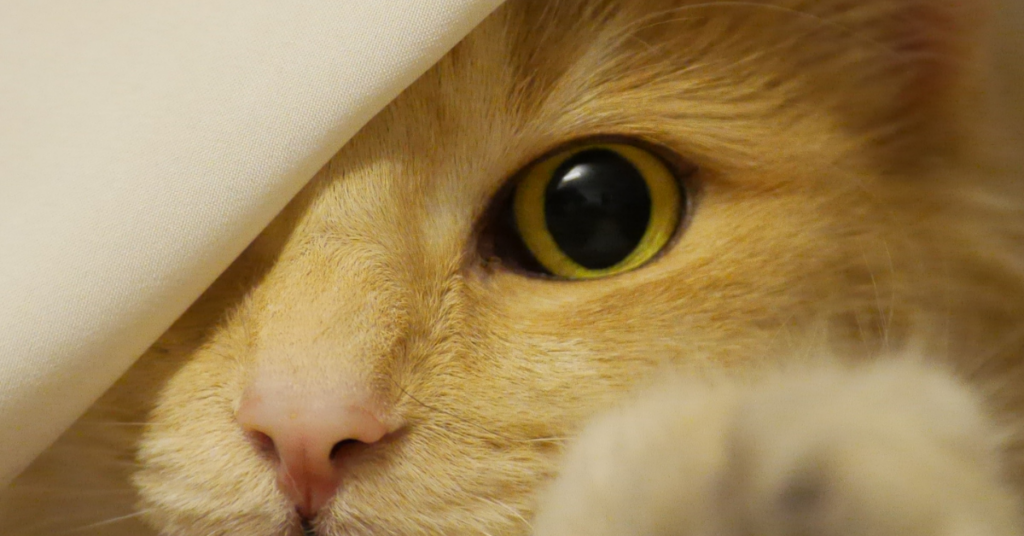
In order to diagnose a heavy breathing cat. The veterinarian will examine your cat’s breathing pattern, listen to their chest for indications of abnormalities such as a heart murmur or fluid in the lungs, check the color of your cat’s gums to see if oxygen is being transported to the organs adequately, and do a full body examination.
Blood tests will most likely be performed to rule out any underlying illnesses, as well as X-rays and/or ultrasounds to evaluate the lungs and heart.
Treatment of a Heavy Breathing Cat
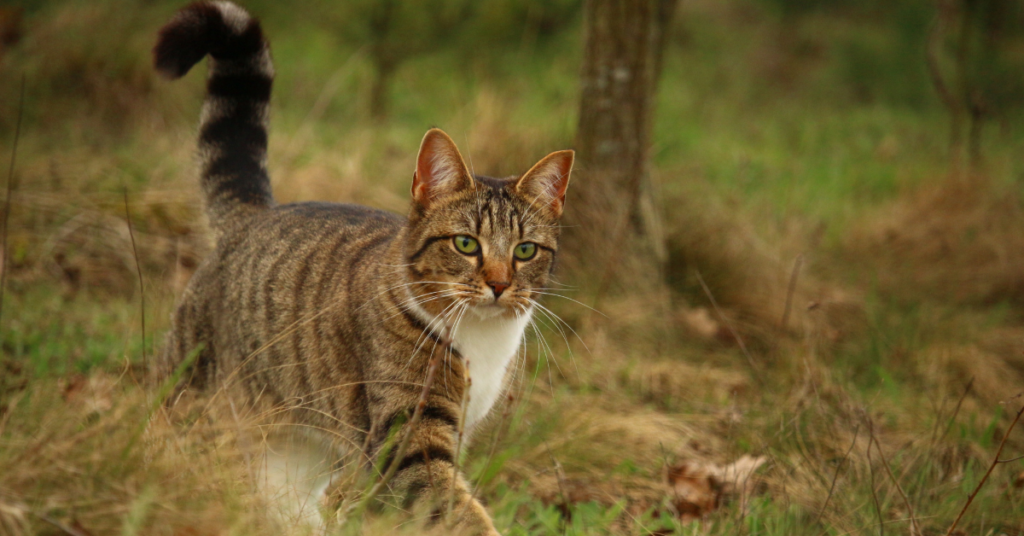
If your cat is having trouble breathing, the veterinarian or veterinary technician may take him to the treatment area right once to stabilize him.
This will entail oxygen administration and the placement of an IV catheter for administering emergency medicines and fluids intravenously.
A thoracentesis will be performed in situations of pleural effusion for draining the fluid from the chest, which will assist breathing and provide a fluid sample for examination to the veterinarian.
If heart disease is a concern, x-rays and an echocardiography of the heart will be done once your cat has been stabilized to assess the size and function of the heart.
In situations of infectious or inflammatory conditions, antibiotics and anti-inflammatories will be administered.
When to See a Veterinarian
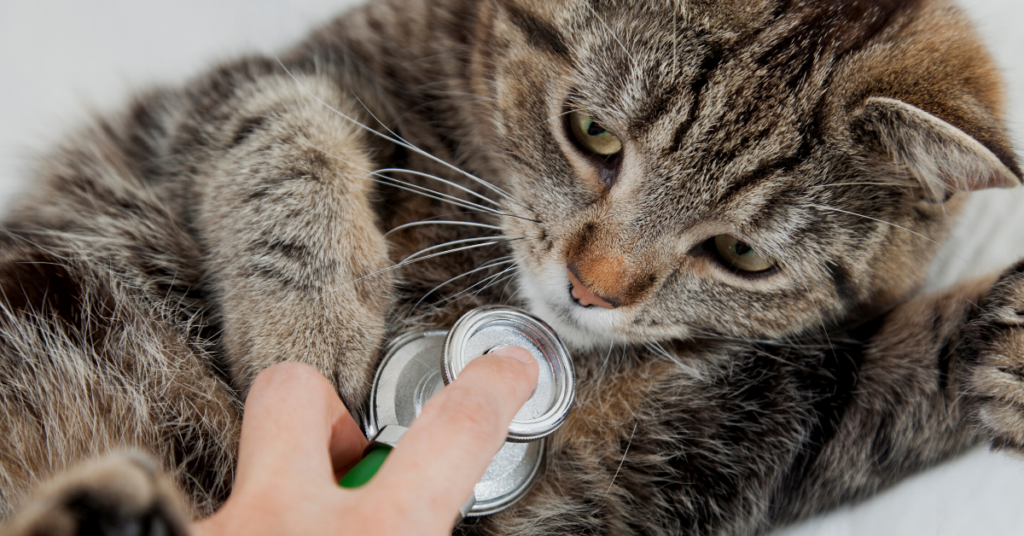
If you suspect your cat is breathing heavily, it’s an emergency. It’s always best to have your pet checked out as soon as they show signs of fast breathing.
If your cat exhibits rapid breathing that resolves after a few minutes, keep a journal of details including how long it lasted, what was happening before and after, and the date to share with your veterinarian. This will assist your veterinarian in identifying probable causes and triggers.

